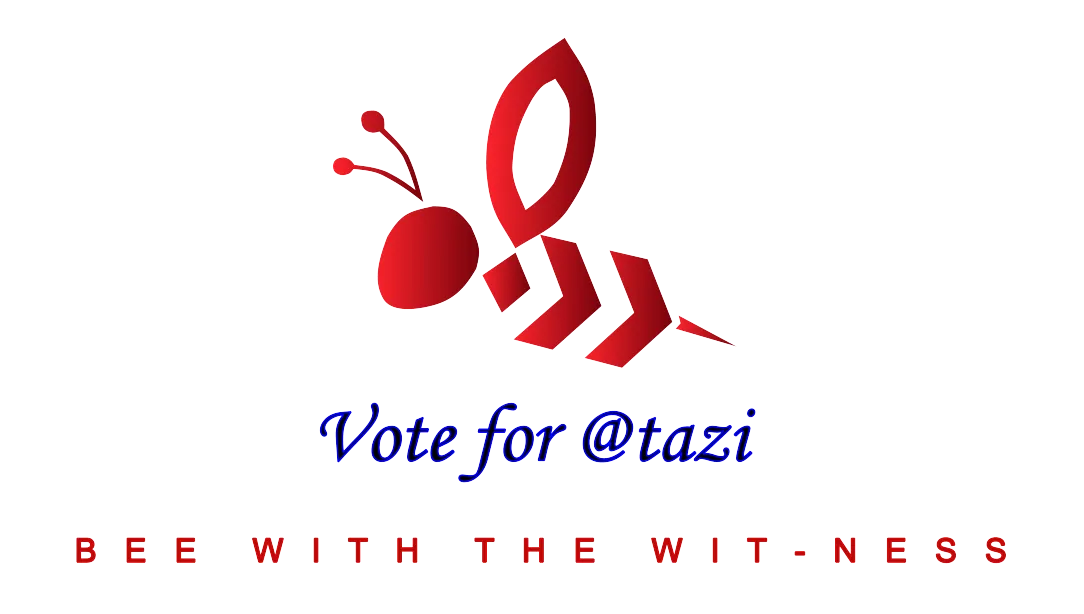Heritage typically carries positive connotations. I won't start this post with a Merriam-Webster Dictionary quote – too much of a cliché – yet inheriting something usually brings happiness. It represents the efforts of others whose fruits you will harvest. However, heritage can also be a burden. One that requires all your wit and skills to handle. Besides properties of great historical value that are overly protected, making it nearly impossible to renovate them to meet contemporary standards, there's something even more challenging one can not overcome on their own – the cultural burden of society. Let me explain using the example I know best – my homeland, the Czech Republic.

by PublicDomainPictures; Pixabay License
I come from a nation that endured centuries without freedom. Under the rule of the Austrian Habsburgs, which lasted 300 years, the Czech national identity and language almost vanished. It took several decades to revive them, resurrecting the language from ashes and reigniting the national spirit. Finally, as a consequence of World War I, we gained independence and formed Czechoslovakia. However, within a mere 30 years, we fell under the occupation of another German-speaking oppressive regime – the Third Reich. World War II left us in the Soviet zone of influence, and the Soviet-controlled communist party orchestrated a coup d'état just three years later. Once again, we were not free, this time for forty years.
For the last four centuries, the most gifted and morally coherent Czechs either stood against oppression, establishing dissent and “underground” culture or fled to free and more tolerant countries. Václav Havel is arguably the most prominent figure of the former, while Milan Kundera or John Amos Comenius represent the latter. Then there were the masses, who adjusted to the situation and lived somewhat in line with the official policy of whoever ruled the land. Sadly, this has left huge scars on society. It's not the geographical location of the Czech Republic that still makes us more or less an Eastern European country; it is the post-communistic heritage people still carry. Here are some key points that distinguish us, and former Eastern-blockers, from the West:
- Lack of ethics or ethical relativity. Sadly, too many people don’t consider the consequences of their actions.
- Egoism and disrespect for others. This behavior relates to the previous point – if people behaved ethically, respecting others would feel natural to them. However, it’s egoism and self-concerned behavior that prevent Czech society from becoming modern and tolerant, rooted in democratic principles.
- Inability to debate in a fallacy-free and reasonable manner. Red Herrings, false analogies, hasty generalizations, or simply diatribes against others hinder society's ability to shed historical burdens and evolve. I've even noticed some of these tendencies here on Hive, despite the general enlightenment of the local Czech community, and I tend to avoid them.
- Closed-mindedness, or stubbornness, if you will. There's an unwillingness to understand different opinions (linked to the previous point), to eliminate prejudice and stereotypes, or even to learn languages and make friends with people from other cultural backgrounds – meaning other countries – to educate ourselves. Consequently, the Czech approach to the challenges of the modern world is far from that of Western Europe.
A paradigmatic shift is present, of course. The people of Prague, the Czech capital, lean towards a Western-style democratic society much more than people from towns and villages scattered across the country. The creative class, as defined by Richard Florida, naturally congregates there, along with skilled expats and digital nomads, making Prague a multicultural city with all the ups and downs of such. However, shedding the burden of post-communist heritage in the entire Czech society will likely take at least one more generation.
To avoid sounding too self-concerned – there are countries with almost unbearable historical burdens. And I don’t mean past colonies – most have experienced more freedom and self-governance than the Czech Republic within the last few centuries. Take Cuba (and feel free to discuss it with @nanixxx or any of the Cuban Hiveans around here) – it’s been a dictatorship for almost a century since the first Batista’s coup in 1933. Russia has basically never been democratic, and the points above apply to the vast majority of its people.
Another great example is North Korea. It’s a country I'd love to visit before the regime falls (fingers crossed for the people there that it happens soon). A country so isolated from the rest of the world (and reality) that nobody there remembers anything else but the dictatorship. I fear people there genuinely believe most of the propaganda, as they have no other source of information and are continuously being brainwashed. The burden North Korean society carries, and the next generation will inherit, is beyond my imagination – or the imagination of anyone else but the North Koreans.

This is my entry to April Inleo writing prompt for April 3.